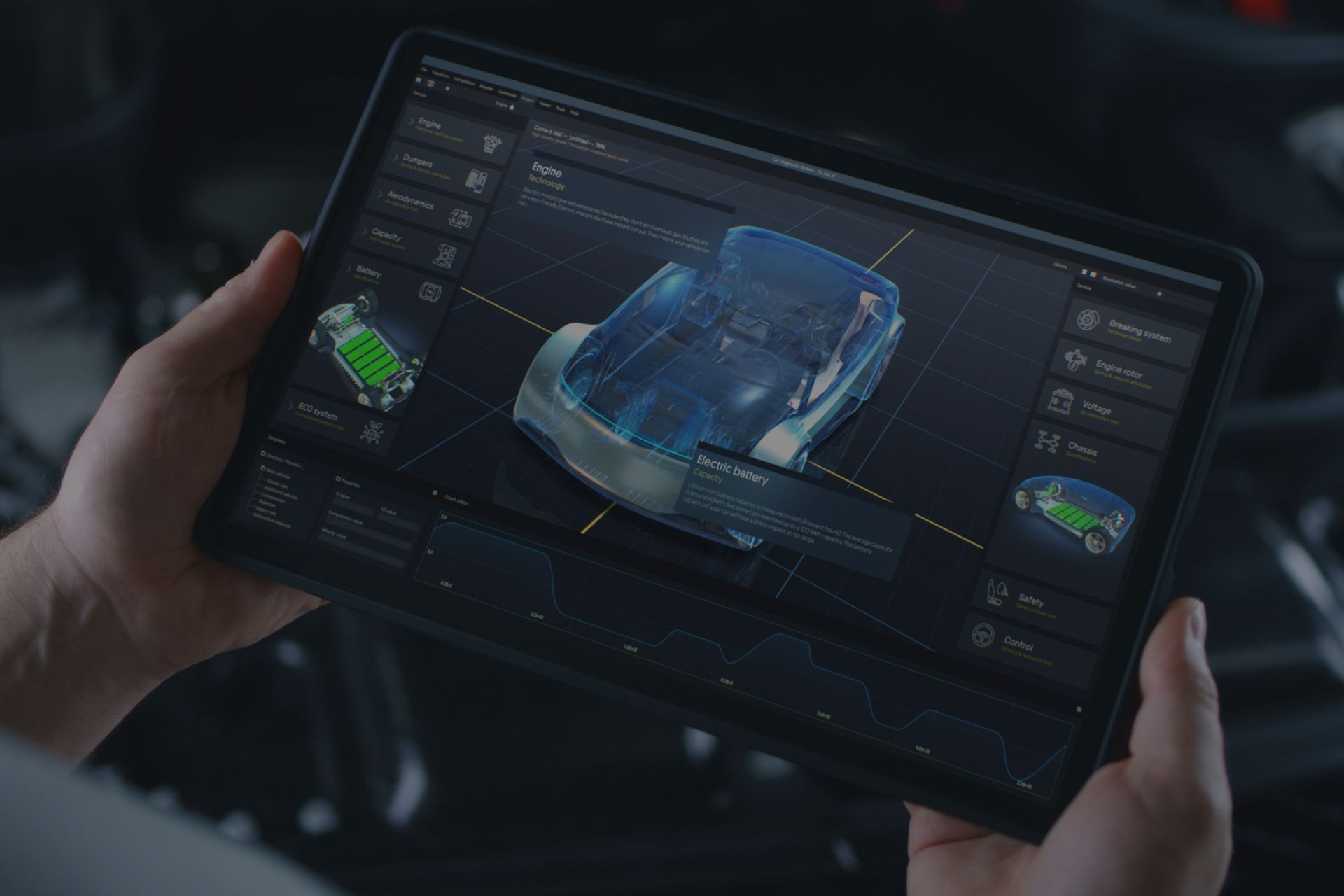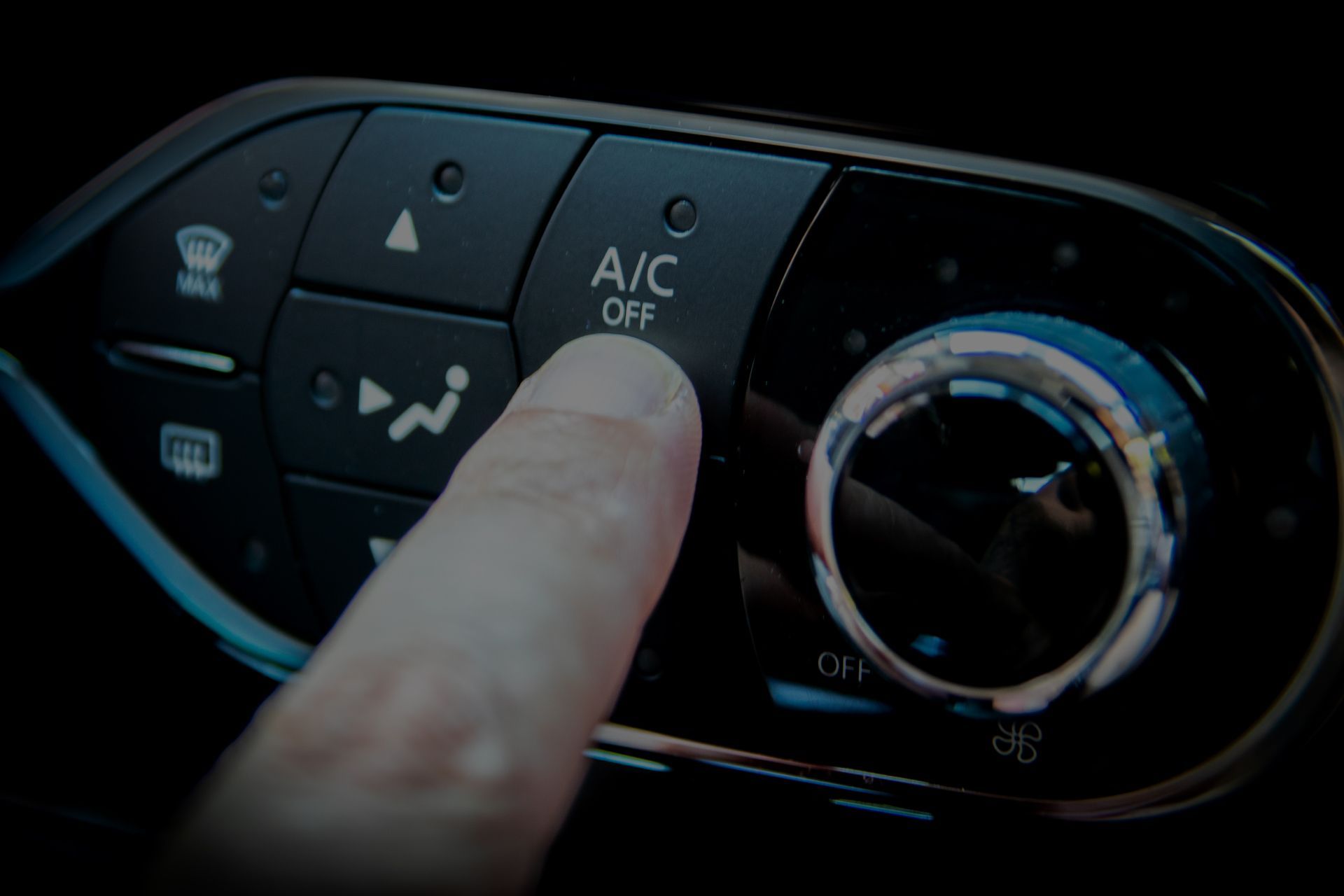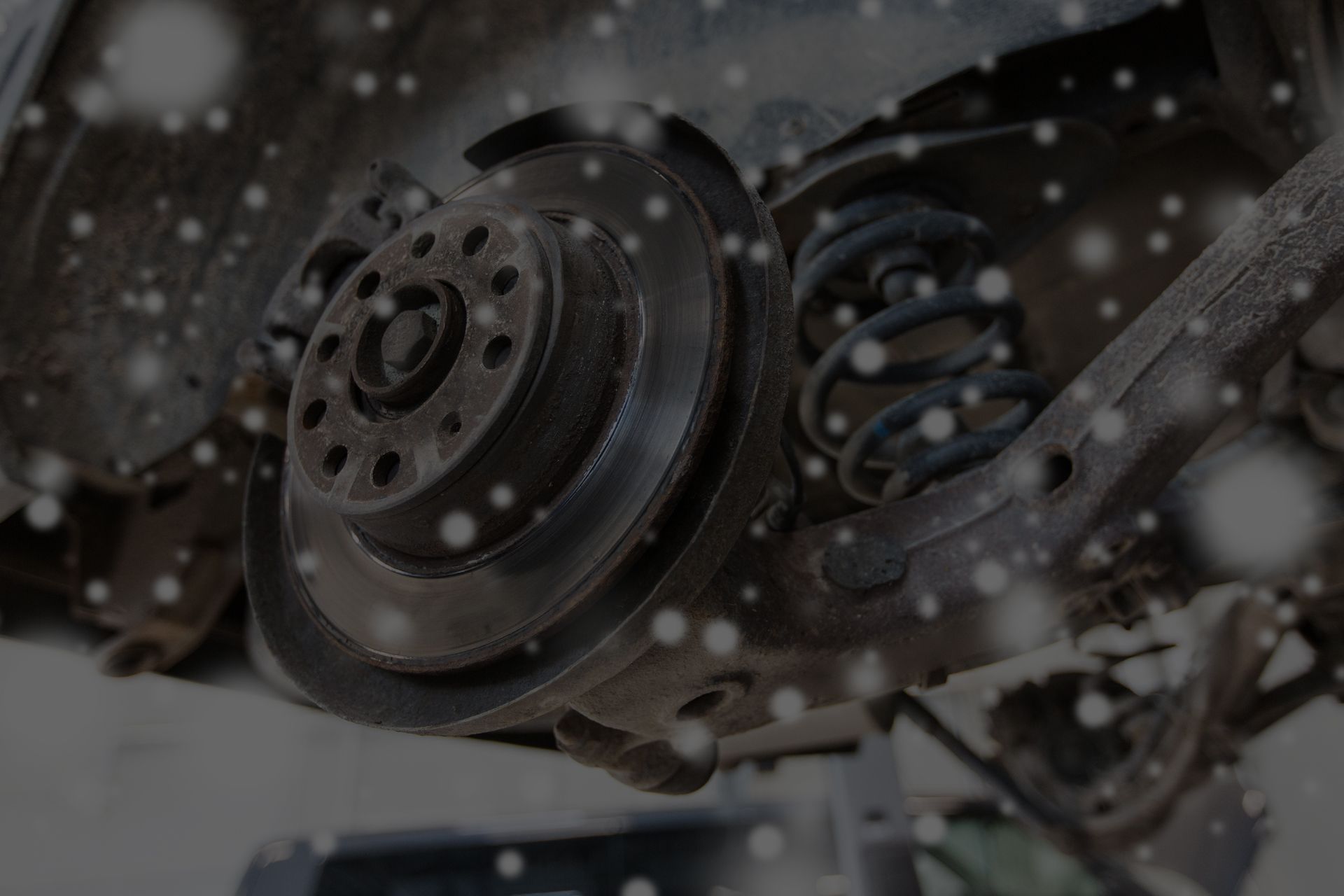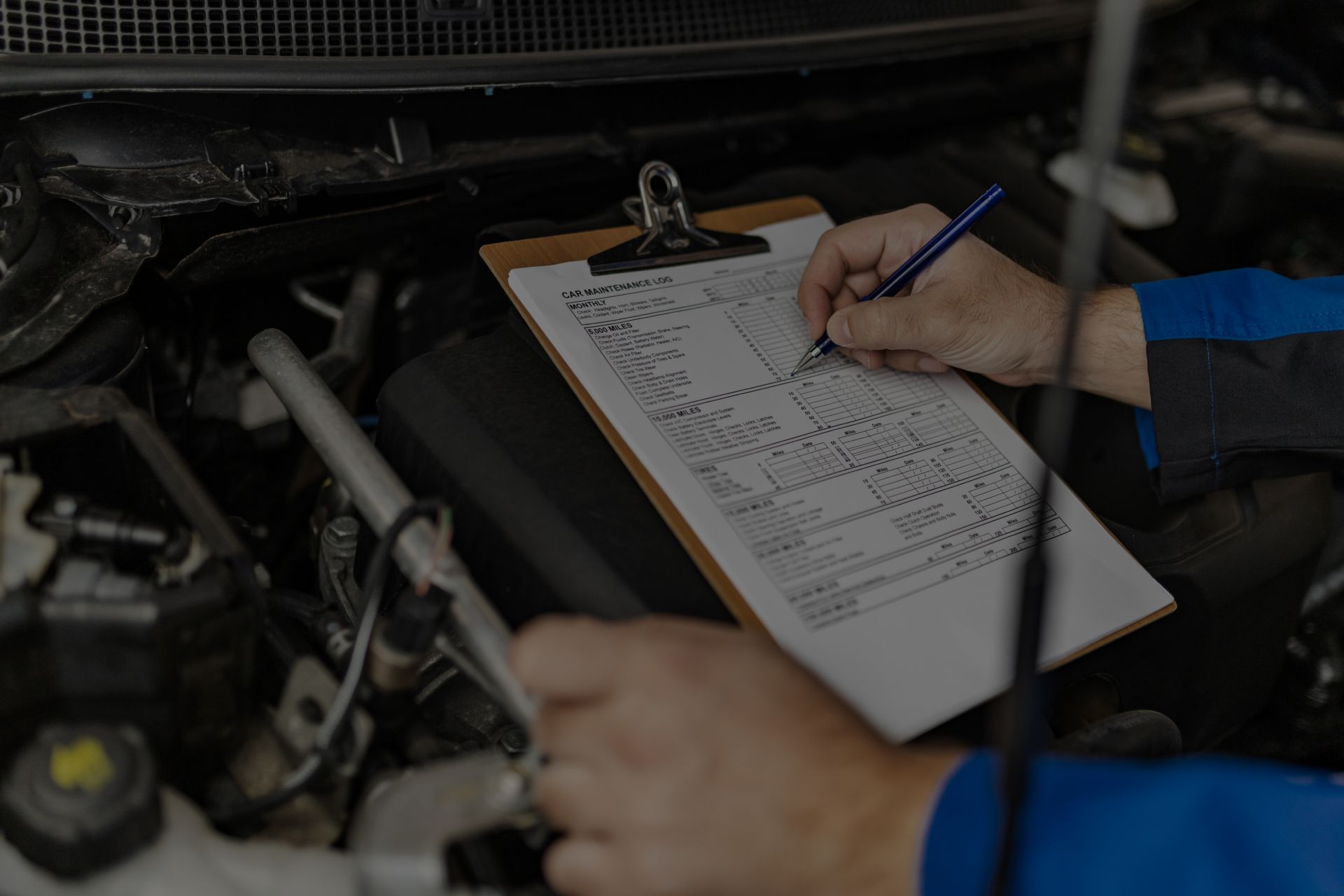That dreaded check engine light just illuminated on your dashboard, and now you're wondering: should you pull over immediately or can you finish your drive to work? For Denver drivers, the answer isn't always straightforward. Our high altitude, extreme weather, and unique driving conditions can trigger check engine lights for reasons that don't exist at sea level. Understanding when to worry—and when you can safely wait—can save you money and prevent unnecessary anxiety.
How Denver's Altitude Affects Your Check Engine Light
At 5,280 feet above sea level, your vehicle's engine management system faces challenges that manufacturers don't always anticipate during testing at lower elevations.
Oxygen Sensor Confusion Denver's thin air contains less oxygen, which can confuse oxygen sensors calibrated for sea-level conditions. This is especially common in vehicles recently moved to Colorado or older imports that weren't designed with high-altitude operation in mind. The result? False check engine lights that indicate "lean" fuel mixtures when the engine is actually running normally.
Emissions System Stress Your vehicle's emissions control systems work harder at altitude to maintain proper air-fuel ratios. Catalytic converters, EGR valves, and other emissions components may trigger codes more frequently in Denver, particularly during temperature extremes or when climbing to even higher elevations in the mountains.
Turbo Engine Complications Many modern imports use turbocharged engines that work overtime in thin air. The increased stress can trigger codes related to boost pressure, intercooler efficiency, or turbo wastegate operation—issues that might never appear at sea level.
When to Stop Driving Immediately
Certain check engine light scenarios require immediate attention, especially in Denver's challenging environment:
Flashing Check Engine Light A flashing check engine light indicates active engine misfires that can damage your catalytic converter—an expensive repair that's even costlier at altitude where these components work harder. Pull over safely and have your vehicle towed to prevent further damage.
Accompanied by Other Warning Lights If your check engine light appears alongside temperature warnings, oil pressure alerts, or other critical system lights, stop driving immediately. Denver's thin air and mountain driving put extra stress on engines, making these combinations particularly dangerous.
Loss of Power or Rough Running When the check engine light coincides with noticeable performance problems—especially on highway on-ramps or mountain grades—seek immediate professional diagnosis. Altitude amplifies many engine issues that might be minor at sea level.
Unusual Sounds or Smells Strange engine noises, burning odors, or excessive exhaust smoke combined with a check engine light warrant immediate attention, particularly in Denver's dry climate where overheating risks are elevated.
When You Can Safely Continue Driving
Some check engine light situations allow you to continue driving while planning for prompt service:
Steady Light with Normal Performance If the light stays solid and your vehicle runs normally, you can typically continue driving while scheduling diagnostic service within a few days. However, avoid demanding conditions like mountain driving until the issue is resolved.
Recently Filled with Gas A loose or damaged gas cap can trigger evaporative emissions codes. If you recently fueled up, ensure your gas cap is tight and drive normally. The light may clear after several drive cycles, though Denver's low humidity can make evaporative system issues more persistent.
After Extreme Weather Denver's wild temperature swings can temporarily affect sensors and trigger codes that clear themselves. If the light appeared after a significant weather change and performance seems normal, monitor for a day or two while planning service.
Common Denver-Specific Check Engine Light Causes
Living in Colorado creates unique conditions that frequently trigger check engine lights:
Carbon Buildup in Direct-Injection Engines Many modern imports use direct-injection technology that's prone to carbon buildup at altitude. This often triggers codes related to fuel trim, airflow, or emissions performance. Regular carbon cleaning service can prevent these issues.
Winter Fuel Effects Colorado's winter fuel formulations can trigger codes in sensitive import vehicles, particularly European models calibrated for different fuel standards. These typically resolve when switching back to summer blends.
Altitude Sickness for Cars Vehicles driven from lower elevations often need time to adapt to Denver's altitude. The engine management system may trigger codes while learning new operating parameters—usually resolving within a week of normal driving.
The Diagnostic Process
Professional diagnosis in Denver requires understanding how altitude affects various systems:
Manufacturer-Specific Equipment Generic code readers often miss important information that manufacturer-specific diagnostic tools reveal. European vehicles, in particular, require specialized equipment to access all control modules and understand altitude-related adaptations.
Freeze Frame Data Professional technicians analyze freeze frame data to understand exact conditions when codes triggered. This is crucial in Denver, where altitude and weather conditions significantly affect when and why codes appear.
Multiple System Integration Modern imports integrate engine management with transmission, emissions, and other systems. What appears as an engine code might actually stem from transmission issues, particularly common in vehicles frequently driven in mountains.
Cost Considerations
Understanding diagnostic costs helps you make informed decisions:
Professional Diagnosis: $150-250 While more expensive than generic code reading, professional diagnosis saves money by identifying actual problems rather than just code symptoms.
DIY Code Readers: $30-100 Useful for basic information but often miss crucial details needed for proper diagnosis, especially in altitude-related issues common to Denver vehicles.
Prevention Tips for Denver Drivers
Reduce check engine light frequency with these altitude-specific maintenance practices:
- Use top-tier gasoline to reduce carbon buildup
- Maintain regular service intervals—altitude accelerates wear
- Address small issues promptly before they cascade
- Keep fuel tanks relatively full to reduce evaporative emissions issues
- Schedule periodic carbon cleaning for direct-injection engines
When Professional Help is Essential
Don't ignore persistent check engine lights, even if your vehicle seems to run normally. Denver's altitude and climate can mask developing problems that become expensive failures if left untreated.
At Importsports Auto Repair Pros & Performance, our ASE Certified technicians understand how Colorado's unique environment affects vehicle systems. We use manufacturer-specific diagnostic equipment to accurately identify issues, particularly the altitude-related problems common in Denver imports.
Our factory diagnostic software can distinguish between genuine problems and altitude-related false alarms, saving you unnecessary repairs while ensuring real issues get proper attention. Since 1997, we've helped Denver drivers understand and resolve check engine light mysteries across all import brands.
Don't let a check engine light ruin your Colorado driving experience. Contact us today at (303) 752-2422
for accurate diagnosis and honest solutions. Our expertise with altitude-related issues ensures you get the right answer the first time.






